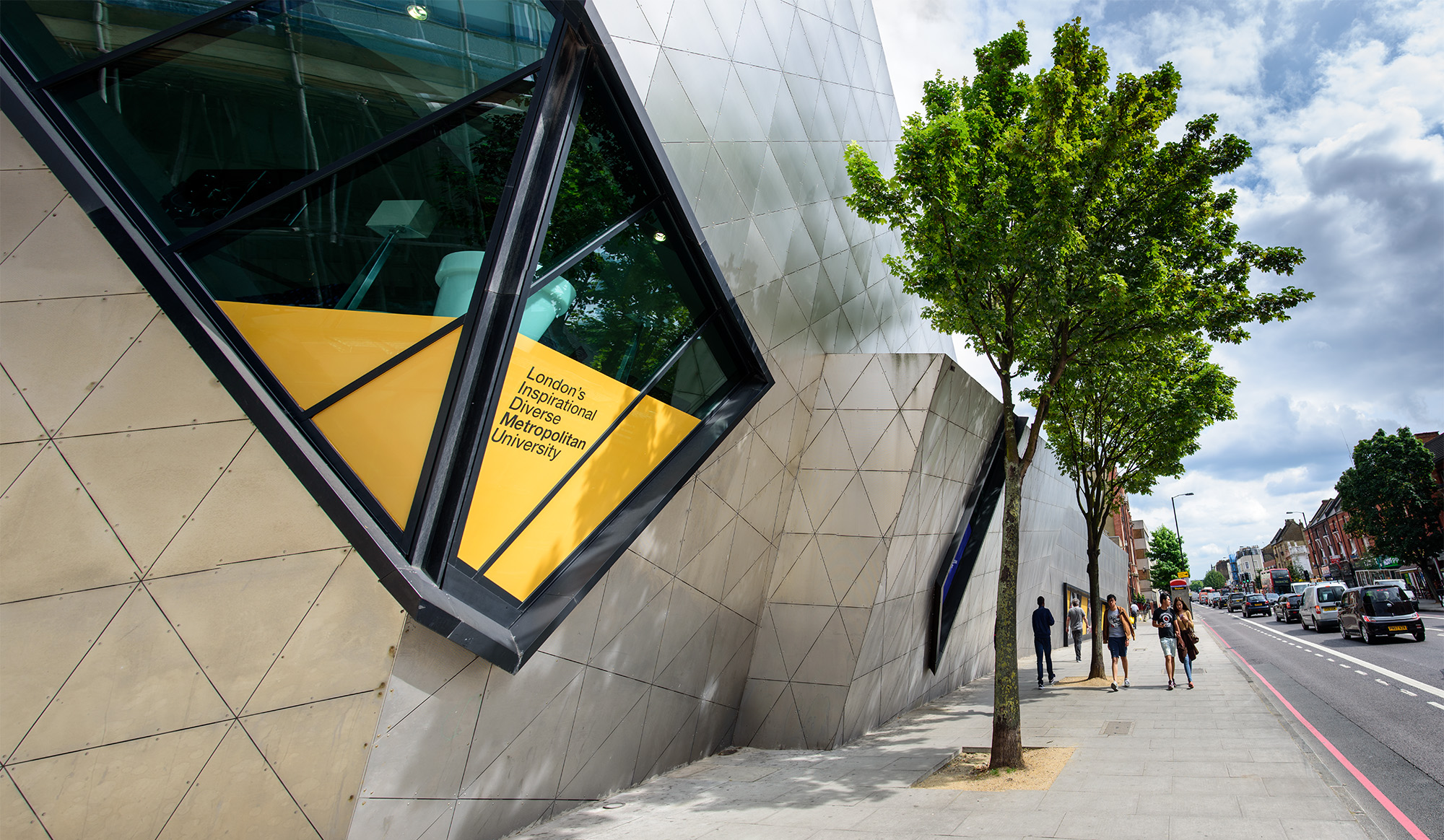- ...
Postgraduate Studentships - Search for funding opportunities.
Postgraduate Studentships - Search for funding opportunities.
Our MArch Architecture RIBA 2 course as a whole encourages fresh thinking, experimentation and risk. You will be encouraged to understand and engage with the society you are part of and to engage with social, political and economic infrastructures that predetermine built form.
We’re committed to expanding creative possibilities through ambitious engagement with the world around us. You’re encouraged to explore particular lines of interest and develop ideas in depth.
Our course is fully accredited by the Royal Institute of British Architects (RIBA) and Architects Registration Board (ARB). Upon graduation you will receive your RIBA part 2 qualification, the second stage of three in the professional qualification of an Architect in the UK.
The Metropolitan Architecture Student Society (MASS) is very active in organising lectures, events and socials, and has a wide network of industry sponsors. To see what they’re up to, follow MASS on Instagram and Twitter.
You will be required to have:
For fee details please see here
After securing a MArch Architecture (RIBA 2) degree, many students decide to study the Examination in Professional Practice (RIBA 3), following a period of practical experience. RIBA 2 also enables you to progress to a specialised master’s course.
Year 1 modules include:
Advocacy: Practice Beyond Aesthetics (core, 20 credits)
Applied Technology in Architecture (core, 40 credits)
Design Level 4 Process and Proposal (core, 20 credits)
Design Level 4 Subject and Context (core, 20 credits)
Cinema and the City (option, 20 credits)
Concepts of Space (option, 20 credits)
Economics of Place (option, 20 credits)
Forgetting of Air (option, 20 credits)
Poetry and Architecture (option, 20 credits)
The Problem of Irony (option, 20 credits)
The Question of Technology? (option, 20 credits)
The Soundscape of Modernity (option, 20 credits)
Writing About Architecture (option, 20 credits)
Year 2 modules include:
Design Thesis Project: Resolution (core, 40 credits)
Design Thesis Project: Specialisation and Proposition (core, 40 credits)
Integrated Design Study (core, 20 credits)
Advanced Digital Design Techniques (option, 20 credits)
Changing Places (option, 20 credits)
Critical Transformations (option, 20 credits)
Digital Design Techniques (option, 20 credits)
Histories (option, 20 credits)
Interpretation? (option, 20 credits)
Planning and Urban Theory (option, 20 credits)
Planning and Urban Theory (option, 20 credits)
Theories (option, 20 credits)

Continue your studies at London Metropolitan University Whether you’re looking to improve your job prospects, pursue a passion or take your career in ...
Sign up to Postgraduate Studentships
Sign up to compare masters
Thanks for making your selection. Click below to view your comparisons.